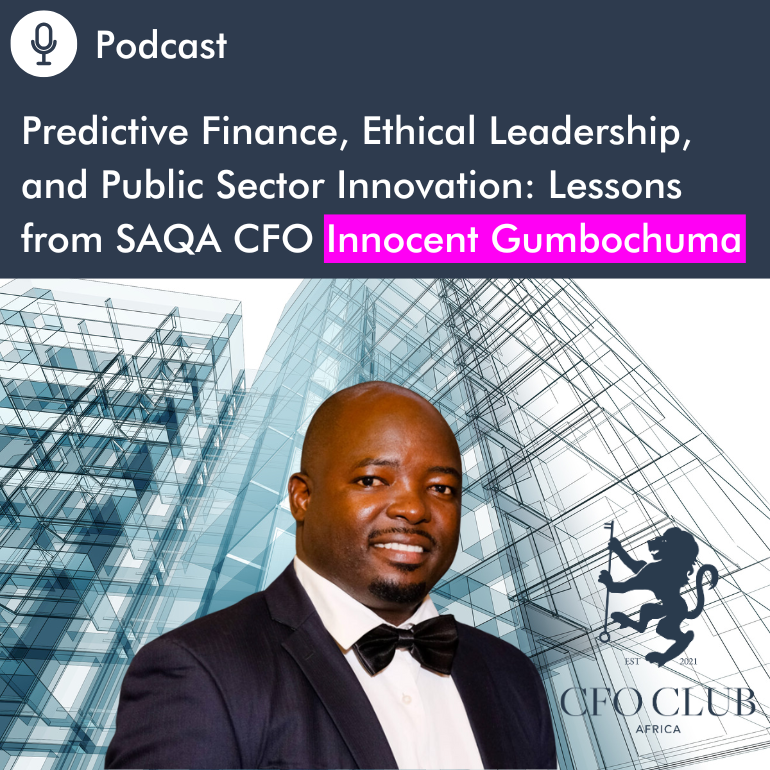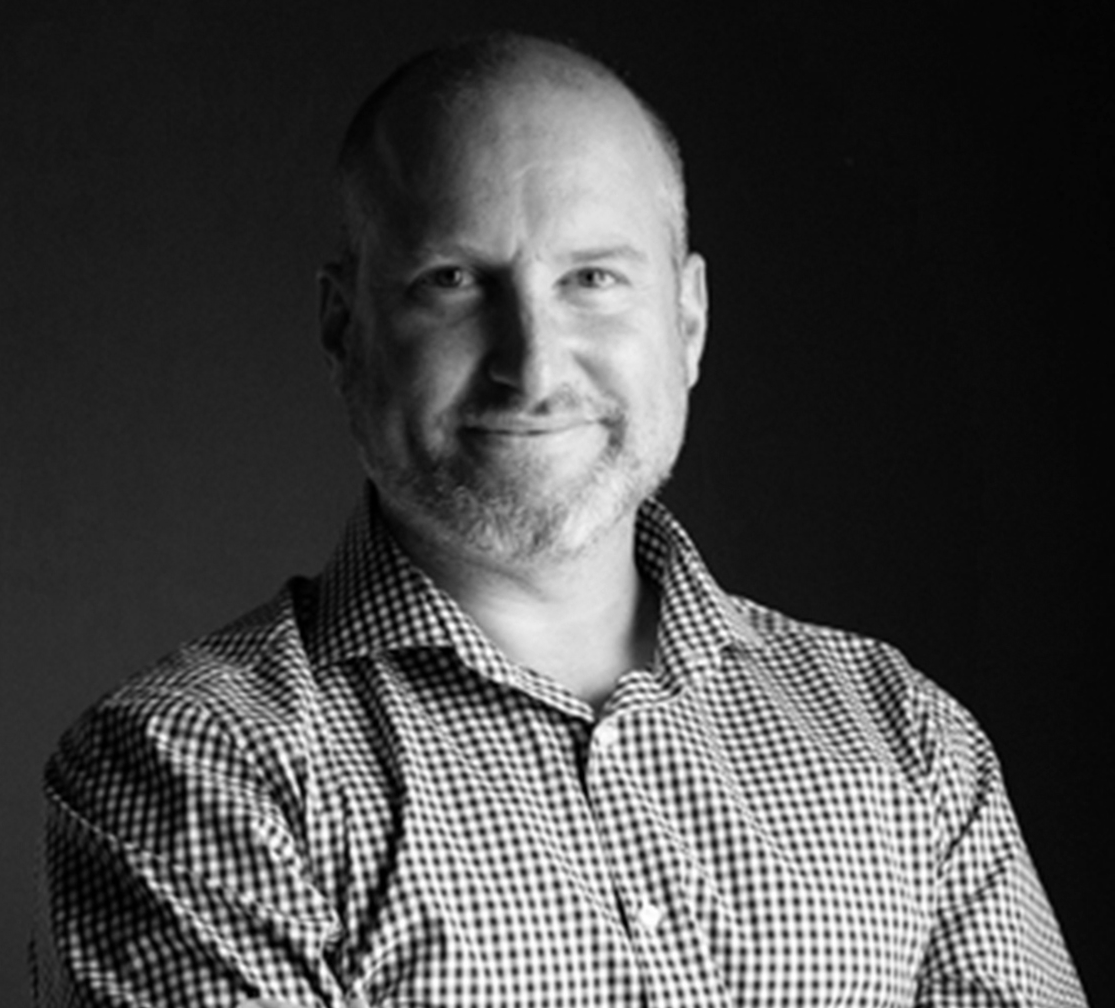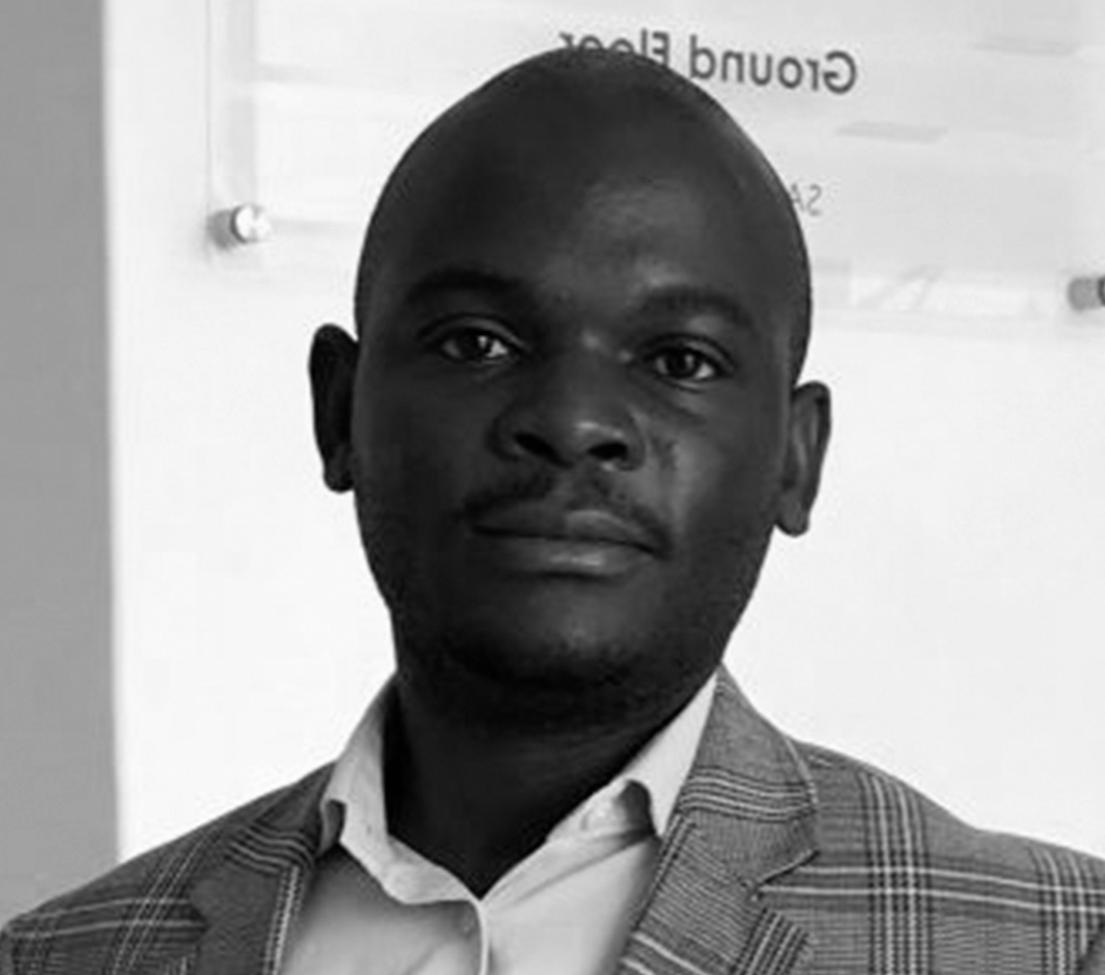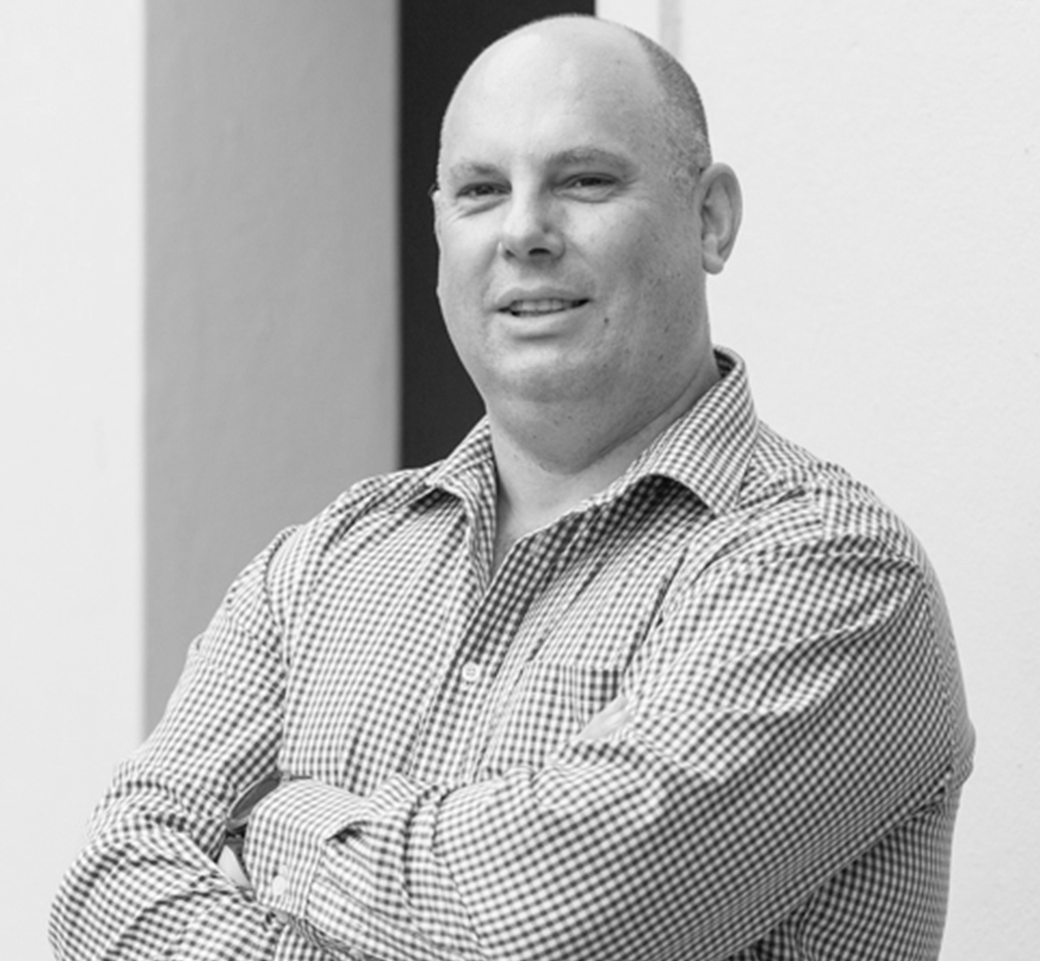Predictive Finance, Ethical Leadership, and Public Sector Innovation: Lessons from SAQA CFO Innocent Gumbochuma
In the latest episode of CFO Club Conversations, we had the privilege of speaking with Innocent Gumbochuma, Chief Financial Officer of the South African Qualifications Authority (SAQA) and the 2024 Public Sector CFO of the Year. Innocent’s approach to finance is a masterclass in leadership that bridges agility, ethics, and innovation, especially in the demanding environment of the public sector. From re-engineering failing systems to leading SAQA into a fully cloud-based environment, Innocent’s career reflects the evolution of the modern CFO. This blog unpacks the most powerful insights from our conversation and connects them to broader trends shaping finance leadership today.1. From Reporting to Strategic Influence
Innocent does not view finance as a reporting function. Instead, he positions it as a strategic partner that directly influences decision-making at board level, in Parliament, and across multiple stakeholder environments. He leads seven organisational divisions including finance, procurement, legal, human resources, ICT, and project management. This multifaceted leadership structure mirrors the global shift in CFO responsibilities. According to a 2024 McKinsey & Company report on the changing CFO role, 72% of CFOs now lead functions beyond finance, such as IT and strategy. His advice is practical, automate the transactional side and reallocate time to interpretation and strategic advisory. He instructs his managers to spend no more than 10 percent of their time on accounting and the rest interpreting what the numbers mean. This model resembles Unilever’s finance transformation where predictive analytics freed up 30 percent of finance teams’ time for scenario planning and business partnering.2. Predictive Finance in an Unpredictable World
One of the strongest themes from the interview is Innocent’s commitment to predictive finance. SAQA receives only 60 percent of its funding from government grants. The remaining 40 percent must be generated through other means, introducing inherent volatility. To counter this, Innocent and his team use agile forecasting frameworks, scenario modelling, and real-time analytics. He explains that this approach not only stabilised SAQA post-COVID but also helped them build financial reserves to secure operations for several years. Innocent’s method is supported by international best practice. The United Kingdom’s National Audit Office has advised public entities to adopt rolling forecasts and scenario-based planning, particularly in uncertain environments. SAQA’s approach aligns with this guidance and proves its applicability in South Africa. When Innocent joined QCTO, he found financial chaos. Within five months, he corrected over 3,000 journal entries, implemented structural changes, and achieved a clean audit. At SAQA, he repeated this success and has now overseen two consecutive clean audits, with a third on the horizon.3. Ethical Leadership as a Non-Negotiable
Operating in a highly regulated environment, Innocent underscores the importance of ethics and transparency. He openly shares frustrations about procurement inefficiencies—such as being forced to buy a fridge through expensive channels instead of going directly to a retail store. Despite these bureaucratic constraints, he insists on transparency and accountability. His track record speaks for itself. Over nine years at QCTO, he achieved eight clean audits. At SAQA, the same pattern is emerging. As Innocent puts it, the public must trust CFOs with stewardship of public funds. Clean governance is the foundation of that trust. This philosophy aligns with standards set by institutions such as the Office of the Auditor-General South Africa (AGSA), which emphasises the link between audit outcomes and public confidence. Innocent’s example shows that consistent ethical leadership is possible, and effective, even under pressure.4. Digital Transformation in the Public Sector
SAQA is among the first public entities in South Africa to fully migrate to the cloud, running their core systems on Microsoft Azure. Innocent has built an internal development team, including system developers and a business analyst, enabling SAQA to develop and deploy digital solutions in-house. This is a major step toward innovation and cost efficiency. His strategy mirrors Estonia’s public sector digital transformation, which has set global standards in e-governance by centralising digital development in-house and moving services online. Like Estonia, SAQA has become more agile, cost-effective, and resilient. This approach also includes automating financial reporting and implementing a statistics unit to generate commercialised insights for stakeholders, a potential revenue stream in itself. The focus on internal capability development helps control costs and ensure agility.5. Leading People Through Change
Innocent approaches change management with empathy. When he joined SAQA after a period of retrenchments, he found a fragile workforce. He committed to transparency, face-to-face communication, and inclusive decision-making. His message was consistent: retrenchment is not an option, and the organisation will grow stronger together. One of the most innovative initiatives he’s introduced is dual career pathing, allowing employees to advance either through managerial or technical routes. This opens opportunities for growth without requiring a move into people management. It also helps retain top talent and supports long-term succession planning. This echoes global HR trends. Deloitte’s 2023 Global Human Capital Trends report notes that organisations offering alternative career pathways are better at retaining and engaging employees. Innocent’s proactive stance makes SAQA a leader not only in governance but also in people development.6. Embracing Technology for the Future of Finance
Finally, Innocent is passionate about the power of technology in finance. He encourages teams to adopt AI tools like ChatGPT and has integrated AI into their foreign qualification evaluation processes. The result is faster processing, better accuracy, and a focus on value-added tasks. He views data as SAQA’s next gold mine and is prioritising the development of a data warehouse and data governance policies. This vision is consistent with research from PwC, which found that 82 percent of high-performing CFOs prioritise data quality and analytics over traditional budgeting. His mindset shift, from being reactive to predictive, is the hallmark of modern finance leadership.A Model for the Modern CFO
Innocent Gumbochuma’s story is a reminder that strong values, data-driven decisions, and strategic leadership can transform even the most constrained environments. Whether rebuilding failing systems, navigating structural change, or pioneering predictive finance, Innocent sets an example for public and private sector CFOs alike. His journey is a practical blueprint for every finance leader who wants to be more than a steward of funds. It is for those who want to be trusted advisors, digital architects, and change agents.Transcript
Leana:
Good day, listeners, and thank you so much for joining us on the CFO Club Podcast, CFO Club Conversations. My name is Leana van der Merwe, and today I have the pleasure of speaking with someone who truly understands what it means to lead with impact in the public sector.
Innocent Gumbochuma is the Chief Financial Officer of the South African Qualifications Authority—known and loved by all of us in South Africa as SAQA. He was recently awarded the 2024 Public Sector CFO of the Year—what a great achievement!
Innocent’s leadership spans finance, ICT, procurement, and more. He’s known for blending strong technical skills with a clear strategic focus. Innocent has worked across government departments, helped rebuild trust through clean audits and ethical leadership—two words we at CIBA and the CFO Club love to hear—and is passionate about using data to drive better forecasting, stronger decisions, and long-term sustainability.
Innocent, welcome to the CFO Club Podcast. Thank you so much for joining us. It’s wonderful to have you here, especially someone like you.
Innocent:
Thank you, Leana. You’re quite generous—you’re saying a lot of good things that I aspire to be! But I’m really happy to be here and to share a few insights where I can. I really appreciate your invitation—and to your listeners as well. I look forward to a fruitful conversation so we can share what it’s like to work in the public sector. Thank you very much. I’m happy to be here.
Leana:
Thank you so much, Innocent. You’ve been a strong voice on the power of predictive finance and real-time forecasting, especially in the public sector. But in reality, budgets change overnight, and funding isn’t always predictable or delivered as expected.
How do you keep forecasting relevant and accurate when so much is out of your control?
Innocent:
Thank you very much, Leana. That’s a big question! In the public sector, it’s a highly regulated environment. Interestingly, although we are a government entity under the Department of Higher Education and Training, we are not fully funded. We only receive about 60% of our funding from government. The other 40% we must generate ourselves, which brings huge uncertainty.
Over the years, I’ve learned that forecasting must be agile. Many departments are rigid in how they operate—that hasn’t worked for me. The risk of not having funds available requires us to be agile and responsive to policy shifts and funding volatility.
I joined this organisation just after COVID, during a very difficult time. In fact, SAQA had recently retrenched over 100 employees due to funding issues. One of my key deliverables was to find alternative sources of revenue to stabilise the organisation. I turned to technology as a solution to generate revenue streams. We’ve been quite successful—we’ve managed to build meaningful reserves that ensure the organisation continues as a going concern for the next few years.
In my leadership, I emphasise leveraging real-time data and analytics. Scenario planning is critical because it enhances forecast accuracy. We embed flexibility into our budgeting frameworks. Monthly, we review budgets and maintain continuous engagement with stakeholders. This keeps our planning relevant despite uncertainties.
We even embed real-time analytics in non-financial departments that generate revenue. This approach has worked well for us. It’s still new in the public sector, but I always tell my team: we must be trendsetters. We must operate with private-sector efficiency, even though we are in the public sector.
Leana:
That’s great—thank you so much, Innocent.
I can really relate. Just last week I wrote a blog post for the CFO Club about budgeting, and I included a section on scenario planning. What you’re describing is exactly what I was writing about, and it’s heart-warming to hear that this is happening in practice.
And yes—joining the organisation just after COVID must’ve come with immense uncertainty. Real-time data is so important. At CIBA, we offer designations from Chartered Bookkeeper up to Chartered Chief Financial Officer. I always say to our members that, yes, the buck stops with the CFO, but the CFO can only make decisions based on the information received from the team. It all starts with the bookkeeper. For example, if your bookkeeper hasn’t reconciled the bank account, you don’t know what’s really happening.
It’s wonderful to hear that you’re operating this way in practice.
Now, as CFO, your role isn’t just about numbers. You’re advising the board, speaking in Parliament, and leading digital transformation in your organisation, and in our country and economy.
How do you ensure finance is more than just reporting—that it becomes a trusted voice shaping real decisions?
Innocent:
Thank you, Leana. For me, finance is important, but it’s actually a small percentage of my work. As CFO, you move from being the “numbers person” to a strategic leader. I oversee seven divisions: finance, procurement, facilities management, legal, human resources, ICT, and the PMO (project management office) that manages ICT projects.
We’re undergoing a massive digital transformation, and much of my time is spent on digital aspects—but without neglecting finance. I’ve built a strong finance team I can rely on, so I’m not needed in the day-to-day.
My view is that finance must evolve from being a transactional function to a strategic partner. We’re even seeing new job titles in some countries—Finance Business Partner, Strategic Finance Partner. This shift is critical.
Through proactive engagement with the board, executive leadership, and Parliament, I ensure financial insights inform decision-making at the highest levels. What I present in Parliament differs from what I present to the executive or board. Parliament wants to see impact, not just numbers.
Digital transformation has helped tremendously. We’re automating reporting processes to free up time for strategic advisory. My finance manager should spend only 10% of their time on the numbers—the rest should be interpretation. What do the numbers tell us?
This ensures finance becomes a trusted voice shaping organisational outcomes. When finance works well, its strategic importance is often underestimated—but it’s essential to the whole business.
ICT consumes over 50% of our budget, so I need to understand pressure points across the organisation. It’s a big job, but I’m fortunate to have a team I trust.
Leana:
Innocent, I feel like I could speak to you all day. You’ve touched on so many important aspects. You’ve got seven divisions reporting to you, and that’s exactly what we’re seeing in the market: the modern CFO doesn’t just lead finance anymore.
You’ve clearly built trust with your team—you said you’re not worried, you know what you’ll get from them. That shows great leadership. And I love that you tell your managers they should spend only 10% of their time accounting—the rest should be spent interpreting. That’s exactly what we’re telling our members at CIBA.
Much of the work is now digital and system-driven. The question is: what do the results mean? You and your team seem to have that figured out. It’s so great to hear.
Innocent:
If I may interject, Leana—absolutely. We need to assess where we are in the profession and how tech is advancing. Accounting is being automated—let’s face it. It’s going to take jobs.
What’s important now is the insights that come from the data. We must shift our focus. It’s no longer about balancing the books—that will be done automatically.
I’ve been fortunate in my journey to always have strong teams. Whether by luck or leadership, we gel well. Even when I’m away—like I just was in the US for a few days—things continue to function smoothly. I don’t want the organisation to miss me. The organisation must come first.
I tell my executive team: do not create invincibility. We can’t have a setup where if one person is away, things fall apart. Everyone must be empowered to carry on. That’s the kind of leadership I strive for.
Leana:
Absolutely. Good teams don’t happen by accident—they’re shaped and guided by good leadership.
At both SAQA and QCTO, you’ve had to clean up processes, fix procurement, and get audit outcomes back on track. For other CFOs facing broken systems and audit findings—where do you start? What have you learned about turning things around?
Innocent:
It’s not easy! But if you find yourself in that situation, you have to do what you must.
For me, I always start with diagnosis. I don’t treat the headache—I look for what’s causing the headache. The root causes are critical. Is it weak internal controls? Outdated policies?
When I joined QCTO in late 2022, the organisation had gone without a CFO and finance manager for months—there was chaos. In just five months, to prepare for the audit, I had to authorise over 3,000 journal entries to correct things. It was a massive effort—but we got a clean audit.
You have to understand governance—review policies, especially procurement. Public sector procurement is often where things go wrong. If 20 laptops cost R2 million, something is broken.
Transparency and accountability are key. Build cross-functional teams—finance doesn’t exist in isolation. Revenue often originates elsewhere, and finance merely accounts for it.
Fix the root causes first. That’s the only way to create lasting improvements.
Leana:
That’s powerful. You’ve paid your dues, clearly.
Public sector CFOs face a lot more scrutiny than those in the private sector—from media, ministers, and the public.
How do you build public trust? How do you keep ethical leadership front and centre, especially under pressure?
Innocent:
Yes, private sector CFOs have it easy! In public sector, it’s highly regulated—sometimes to the point of stifling innovation.
For example, if I want a small fridge for my office, I can’t just go to Makro. I have to go through the Central Supplier Database, get quotes from three suppliers, and choose the cheapest—even if that “cheapest” fridge is R10,000 and I know Makro sells it for R3,000. It’s frustrating.
But that’s the environment we work in. So, transparency and ethical leadership are non-negotiable.
At QCTO, I had eight clean audits in nine years. At SAQA, we’ve had clean audits since I joined—two so far, and I’m going for a third.
That builds trust. When we go to Parliament, they often say: “Why can’t you be like SAQA?”
Clean governance makes us stand out—in a good way. Even under pressure, we maintain our integrity. Every financial decision aligns with public interest and our institutional values.
Leana:
That’s amazing. Clean audits, strong ethics—it really does build trust.
Now, you joined SAQA just after COVID. You’ve led teams through restructuring, regulation changes, and system upgrades.
How do you lead people through those changes—especially when there’s fear, fatigue, or resistance?
Innocent:
That’s a sensitive and important question. We all know the theory of change management—but in practice, it’s about empathy.
When I joined SAQA, staff were fragile. They’d just been through retrenchments. My consistent message was: “Retrenchment is not an option.”
We had to change systems—automate things that were once done by people. That creates fear.
The key is clear communication. Not just emails—face-to-face conversations. Solicit input. Make staff feel part of the journey. That’s inclusive leadership.
We faced resistance to new systems—like our new foreign qualification evaluation system. But after extensive consultations, we had to make a management decision: we’re switching systems.
Once the change is made, people realise it’s not so bad. They just needed support.
I lead by fostering resilience and continuous learning. People who are learning constantly are better prepared for change.
We’re undergoing a major restructuring now to align with our new strategy. We’re introducing dual career pathing—so people can grow without managing others. That’s been very well received.
I’m proud to say we’re trendsetters—even moving fully to Azure cloud. We’ve even had offers to speak at GovTech about our approach.
Change affects stakeholders too, so we prioritise stakeholder engagement. We offer training, mentorship, and succession planning.
Ownership is key. People must feel part of the process.
Leana:
Innocent, I can hear how passionate you are about people. The care you show for their growth, expectations, and well-being really comes through.
Lastly—you’re speaking at the 8th Annual CFO Africa event. You’ll be discussing predictive finance, scenario modelling, and real-time data.
For CFOs making the shift from reactive to predictive thinking, what practical steps can they take—especially in environments where systems and people aren’t quite ready?
Innocent:
Great question, Leana—and you’ve already hinted at the answer.
Predictive finance requires a mindset shift. Reactive finance gives you little room to manoeuvre. But predictive thinking gives you control.
At QCTO, we had already implemented video conferencing a year before COVID, which helped us transition seamlessly to remote work.
That’s the power of scenario planning and anticipating risk.
You also need high-quality data. I’m pushing for a strong data policy and functional data warehouse this year. From there, we’ll explore blockchain and other tools.
My advice: start small. Use an agile approach. Identify one area with potential for real-time forecasting. Build simple models. Grow analytical capability.
We’ve even created a full stats unit. I want us to commercialise our statistics—offer insights to stakeholders and generate revenue.
Encourage your team to explore AI tools—like ChatGPT. We’re running internal training to help them adopt these models.
In the future, evaluations that used to take days will be done in hours using AI. That’s where we’re heading.
I’m excited for the upcoming CFO event. I love learning from others—it helps elevate the entire profession.
Leana:
Innocent, thank you so much for sharing your journey and insights so generously. Your story shows that even in highly structured environments, there’s room for innovation, strong values, and bold leadership.
You’ve helped us see that great CFOs don’t just report the numbers—they shape the future.
We’re grateful to have you as part of the CFO Club and look forward to seeing what you do next. And we’ll definitely see you at the Marcus Evans event.
Thank you so much, listeners, for joining us.
Related Posts
5: Lorien Gamaroff
CEO: Centbee Reinvention of the sound money concept. South Africa’s foremost blockchain expert, Lorien Gamaroff, provides insight to blockchain technologies and their benefits. CIARAN RYAN: This is CFO Talks and today we are really excited to be joined by Lorien Gamaroff, CEO of Centbee, a cryptocurrency payment company. He’s also the chief ex
8: Bryan Dorfan
CEO & CFO: Alyak Investments From CFO to business owner: Drawing on his financial and forensic experience, Bryan Dorfan’s new consultancy assists businesses to improve their profitability. CIARAN RYAN: This is CFO Talks and today we are talking with Bryan Dorfan, who’s chief executive officer and chief financial officer of Alyak Investment
4: Talifhani Khubana
CFO: Pan South African Language Board The Pan South African Language Board was established by an Act of Parliament in 1995, it falls under the Department of Arts and Culture and its purpose is to promote multilingualism in South Africa, where we have eleven official languages. CIARAN RYAN: This is CFO Talks and […]
12: Pieter de Wit
Chief Financial Officer: Afrimat Don’t waste a good crisis. ‘We are a very entrepreneurial-type culture in Afrimat and we always look for opportunities in the crisis.’ CIARAN RYAN: This is CFO Talks and today we’re joined by Pieter de Wit, chief financial officer at Afrimat, a construction materials and mining company listed on […]





